Support Services
Care Recommendations for Respiratory Issues During COVID-19 Outbreak
Updated: 05/11/2021
How the Les Turner ALS Foundation Support Services Can Help
As always, Les Turner ALS Foundation Support Services will remain a phone call away and will continue to provide personalized support services via teleconference and phone calls to ensure people living with ALS and their families continue to receive all the help they need.
We can assist you with coordinating care with providers at the Lois Insolia ALS Clinic the Les Turner ALS Center at Northwestern Medicine and assist with emergency preparation. Please email or call your ALS Coordinator directly.
If you do not have a coordinator assigned, please call Cara Gallagher at 847-745-6053 or email cgallagher@es.lesturnerals.org.
* General Recommendations
- View our -- My ALS Communication Passport to Quality Care -- a tool for individuals living with ALS and their families. The 12-page Passport document helps caregivers, nursing and medical staff better understand the care needs and preferences of people living with ALS.
- During this 20-minute webinar, Karen Steffens, RN, CHPN, CCM, ALS Support Services Coordinator, will walk participants through the Communication Passport, how to fill it out, and when to use the tool. This will be followed by a short conversation between Karen and Rosie Riley, a person living with ALS, who has benefited greatly from filling out the Passport. Watch the webinar here.
- If you have respiratory devices, ask your provider to give you a one-page list that includes your Positive Airway Pressure (PAP) therapy, device/home ventilator settings, cough assist, suction and nebulizer therapy. You can request this information by sending a MyChart Message to your pulmonologist or your respiratory therapist.
- Know your airway clearance regimen
- Know your medication regimen and have an up-to-date list of your medications.
- Set up a paper file for any additional medical information, particularly information about your respiratory care. You will also want to include any advanced directives, “Do Not Resuscitate” (DNR)/Practitioner Orders for Life-Sustaining Treatment (POLST) forms.
What Should You Do If You Are Having Breathing Problems?
- Avoid the hospital, if possible, unless you have fevers (> 100 F) and/or increasing shortness of breath that does not respond to your usual treatment. Please contact your neurologist or pulmonologist at 312-695-7950 for additional guidance.
- Pay attention for potential COVID-19 symptomsincluding, fever, cough and shortness of breath. If you feel like you are developing symptoms, call your neurologist or pulmonologist at 312 695 7950.
- If you develop emergency warning signs for COVID-19 get medical attention immediately.In adults, emergency warning signs*:
- Difficulty breathing or shortness of breath; persistent pain or pressure in the chest; new confusion or inability to arouse; Bluish lips or face
*This list is not all-inclusive.
Please consult the Lois Insolia ALS Clinic at the Les Turner ALS Center or your primary care physician for any other symptoms that are severe or concerning.
If You Are Told To Go To The Hospital
Bring your medical information, (see paper file above) particularly information about your respiratory care and your advanced directives.
- Home ventilation devices –Bring ALL of your home devices as the hospital may not have what you are used to – and they may be out of devices. You should be aware that if you are admitted to the hospital, you may not be able to use noninvasive ventilation. Some hospitals will not allow the use of home equipment, but it is a safe precaution to bring them. If the hospital has any concerns about the use of your home equipment, ask the doctor to call the Lois Insolia ALS Clinic pulmonologist Dr. Lisa Wolfe or Dr. John Coleman at 312-695-7950.
Ask the medical provider at the hospital to convert the device tubing/mask circuitry into a closed system, which is a double-lumen tube with a non-vented mask, along with an additional bacterial filter placed between the mask and the device tubing. This will minimize the risk of infectious particle spread.
During Hospital Stay
- Advocate for frequent and scheduled airway clearance - bring your home devices (cough assist, therapy vest, etc.) and you may need to have your caregivers give you the airway clearance treatments. The hospital may only have basic suction available.
- Challenges around the use of oxygen – If you have a neuromuscular disease, the use of supplemental oxygen can be risky, causing steep escalation in blood carbon dioxide (CO2) levels. You may have been instructed that you should never be treated with oxygen. You should be aware that in the setting of infectious pneumonia, you may need oxygen in order to maintain adequate oxygen saturation with noninvasive ventilation. As long as oxygen is delivered through your Positive Airway Pressure (PAP) Device or Ventilator – you will be protected as the CO2will be washed out by your PAP Device/Ventilator.
- For patients who are severely ill or showing signs of deterioration, intubation and mechanical ventilation may be required. Again, please bring your advanced directives to ensure that your wishes are respected.
- Please reach out to your Les Turner ALS Foundation Support Services Team Member for additional support while in the hospital.
* CHEST Foundation - COVID-19 Resources: Care Recommendations for Home-Based Ventilation Patients


